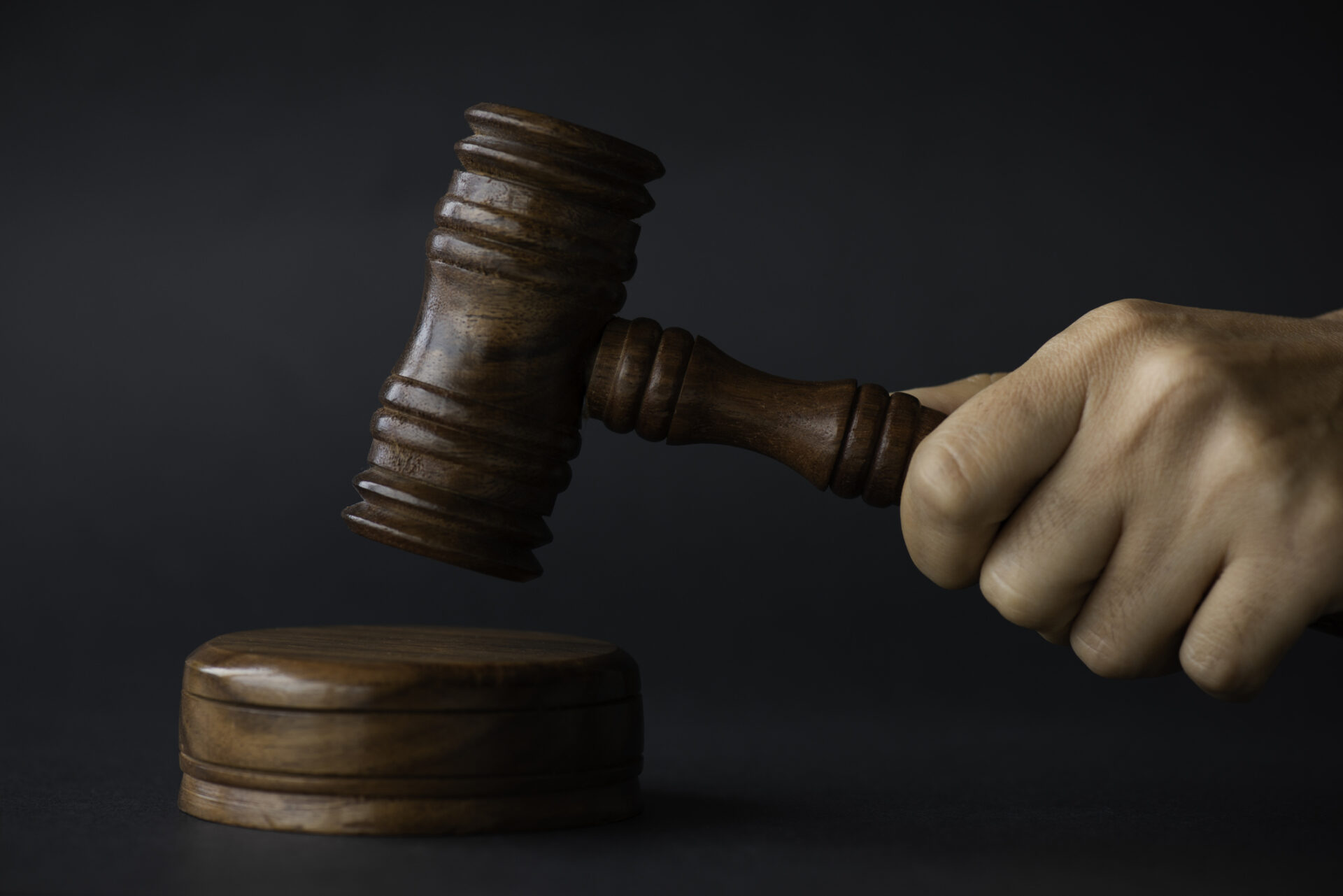
January 29, 2024
Federal Judge Blocks Enforcement Of Civil Rights Act In Louisiana ‘Cancer Alley’ Pollution Case
Closed EPA could have led to significant changes in Louisiana's '"Cancer Alley," records reveal.
On Jan. 23, a federal judge in Louisiana barred the Environmental Protection Agency and the Department of Justice from enforcing Title VI of the Civil Rights Act, on behalf of the residents of St. John’s Parish, Louisiana.
The residents of “Cancer Alley,” due to its disproportionately high rates of cancer resulting from the high number of petrochemical plants there, are not eligible because race played a factor in the suit, according to Judge James D. Cain.
Earthjustice, brought the civil rights suit on behalf of St. John’s Parish residents in 2022.
“The court’s decision to issue this injunction is bad enough, but what’s worse is that instead of fixing the discriminatory permitting programs that have created sacrifice zones like Cancer Alley, Louisiana is fighting tooth and nail to keep them in place,” said Sam Sankar, Earthjustice’s senior vice president of programs, told The Hill.
“The public health crisis in St. John the Baptist Parish shows us why we need Title VI: EPA needs to be able to use our civil rights laws to stop states from running permitting programs that perpetuate environmental injustice,” Sankar added.
Cain, a Trump appointee, said “pollution does not discriminate” before getting to his actual objection to the complaint: “If a decision maker has to consider race, to decide [on enforcement] it has indeed participated in racism.”
Translation: despite multiple reports enumerating a disparate impact of carcinogens emitted by these types of plants on residents of color, somehow those residents don’t deserve to have their civil rights respected because their race is mentioned in a complaint.
According to estimates by Propublica, the risk of cancer faced by residents in this stretch of Louisiana is up to 47 times what the EPA deems acceptable.
Louisiana is not alone in opposing efforts to rein in the discriminatory effects of carcinogenic air pollution; in 2023, Texas’s environmental protection agency indicated that it would not engage in negotiations with the EPA, in part, because it had already closed its investigation into “Cancer Alley.”
Harris County Attorney Christian D. Menefee, whose office filed one complaint centering on concrete batch complaints, described the problem as “egregious” and hoped the EPA would intervene. Menefee also described the political situation in Texas in regard to the state’s environmental agency, telling The Intercept, “There are absolutely concerns based on what we saw in Louisiana.”
“When you’re in a red state like Texas, where the state environmental regulatory body has pretty much allowed industry to have free rein…we’re incredibly vulnerable,” Menefee explained. “That last line of protection is going to be the EPA.”
The Center for Public Integrity noted in a 2015 analysis of how the EPA handled Title VI complaints, that the agency too often left communities of color affected by environmental racism without an investigation, dooming them to wait years for help that never showed up. However, as reported by The Intercept, the current pattern of bringing investigations and subsequently dropping them when challenged by Republican governors or state entities is merely a return to the agency’s past protocol of leaving residents affected by pollution to fend for themselves.
RELATED CONTENT: Inside The Climate Crisis’ Effect On Predominantly Black Neighborhoods In Chicago